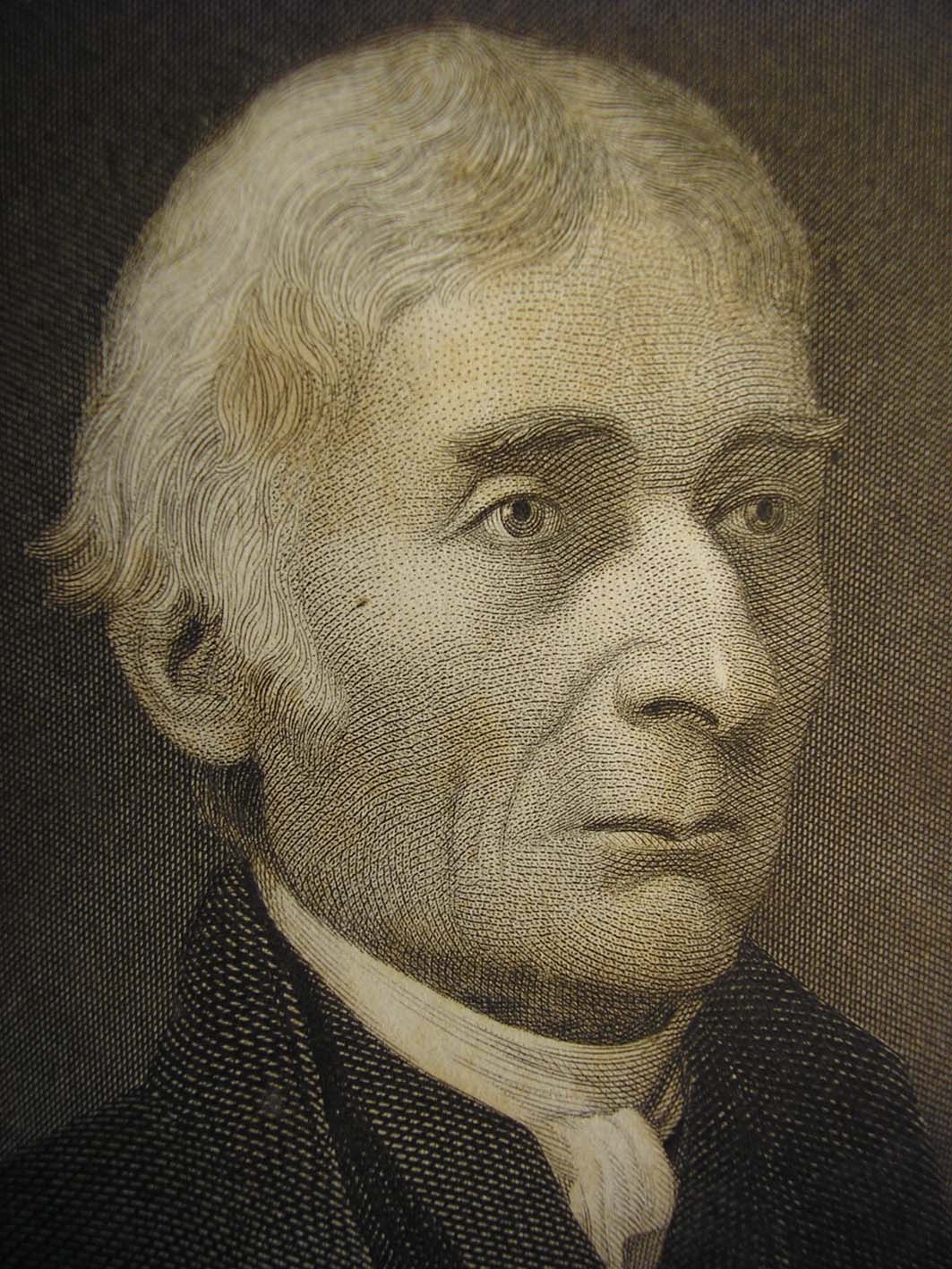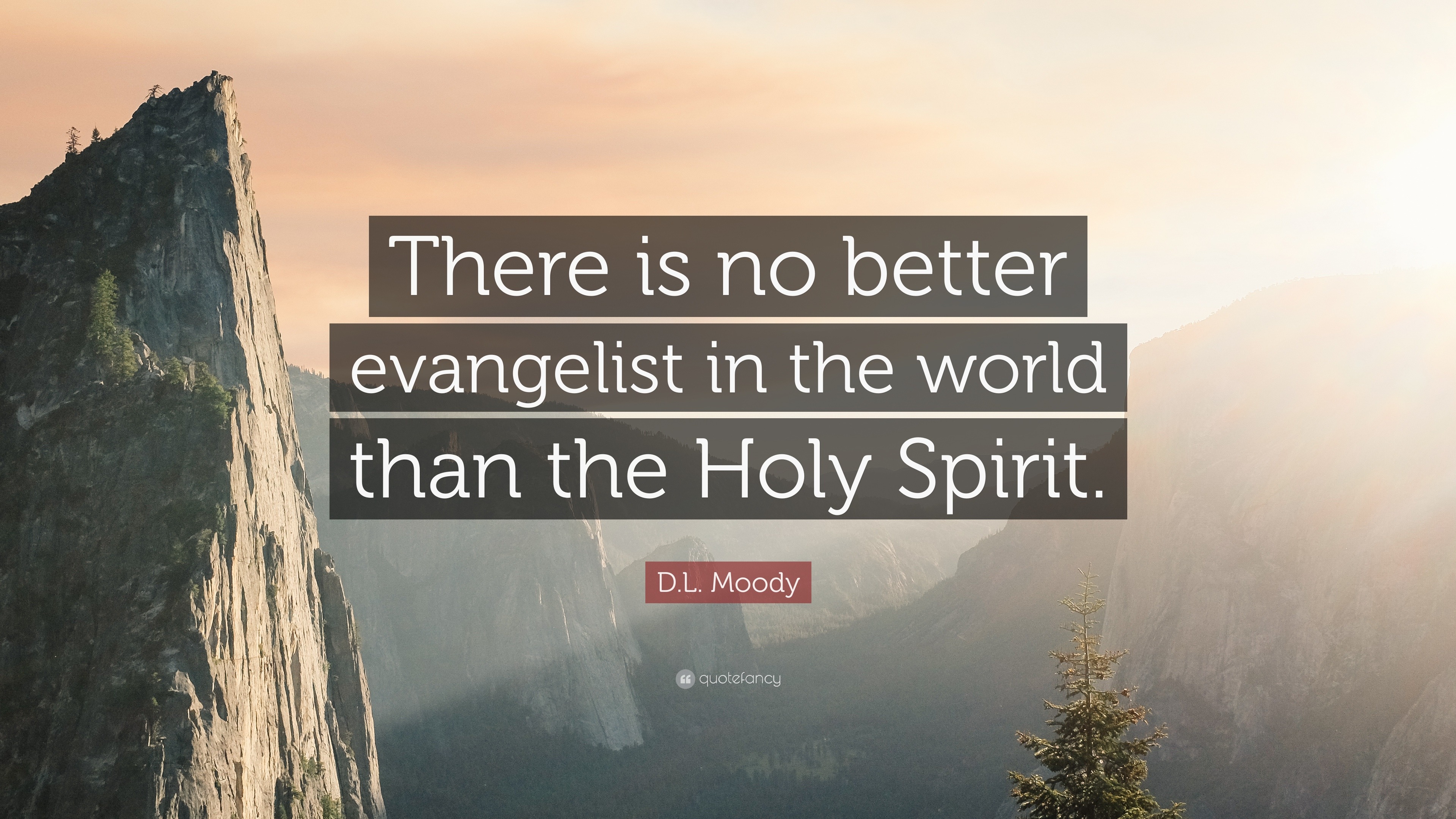Stephen Grellet (1773-1855) was a
Quaker preacher who came to America in 1796 as a missionary to the fledgling
nation. In 1799 he traveled south from Philadelphia to North Carolina, with
missionary John Hall. The journey through the hills and hollers of Appalachian
country was dangerous and rigorous. In his journal he recalled contending with
rattlesnakes, wolves, hunger and storms. Grellet led many mountaineers to
Christ and he even preached to slaves along the way.

Stephen Grellet
Perhaps, one of the most
colorful stories of his ministry came on his return journey to Pennsylvania.
Grellet passed through a camp of lumberjacks.
He had heard that these men were notorious for their drunkenness and debauchery,
yet he felt compelled by the Holy Spirit to preach to them. However, when he
reached the lumber camp he found it deserted.
The men had moved deeper into the forest for that day’s work.
So, there he was with a
story to tell and no one to hear it. Standing in the mess hall, Grellet decided,
“Well, I’ve come this far, I might as well preach” and so he did. After he finished
his sermon, he bowed his head and prayed, “Lord, I don’t understand why you brought
me out here, but I obeyed.” Grellet left the camp perplexed and eventually
returned to Europe.
Several years later, while
walking across London Bridge, he was accosted by a stranger. The man told
Grellet, “You’re the preacher I have been looking for all these years. I have
found you at last!” “There must be some mistake,” said Grellet. “I don’t know
you.” “But I know you,” said the stranger. “Didn’t you preach at a lumber camp
in the American forest?” “Yes, but there was no one there.” Grellet replied. “I was there,” responded the man, “and I heard
the sermon.”
The man went on to explain
how he had come back from the forest to fetch a saw that had been left behind,
when he was startled at hearing the sound of a man's voice. Approaching the mess
hall, he looked through a chink in the logs and saw Grellet standing by himself
preaching the sermon. He listened to the preacher, was convicted of sin, got
hold of a Bible and gave his life to Christ.[1]

There are so many
applications we can make from this incredible story. First, is the blessing
that always accompanies obedience to the Holy Spirit. Luke 11:28 says, “Blessed
are those who hear the Word of God and obey it.” We don’t have to understand
fully to obey immediately. Sometimes we won’t receive understanding until after
we’ve obeyed.
Second, is the power of
God’s word. Isaiah 55:11 says, “so shall my word be that goes out from my
mouth; it shall not return to me empty, but it shall accomplish that which I
purpose, and shall succeed in the thing for which I sent it.” The preaching of
God’s Word is always effectual. When we are obedient to share God’s Word we are
either planting seeds, watering or harvesting. We don’t know where we are in
that process, but the Holy Spirit does and He adds the increase to our
obedience.
Third, is the divine design
behind detours. Sometimes, the Lord detours us from our daily pattern or
planned route. We may not know why, but chances are it’s because He has someone
He wants to cross our path with who needs encouragement or evangelism. Make
yourself to available to God and He will order your steps in surprising ways.
-DM
[1]
David Jeremiah, Turning Points with God:
365 Daily Devotions (Carol Stream, IL: Tyndale House, 2014), May 7.


_cropped_1464383344_600x400.jpg)
